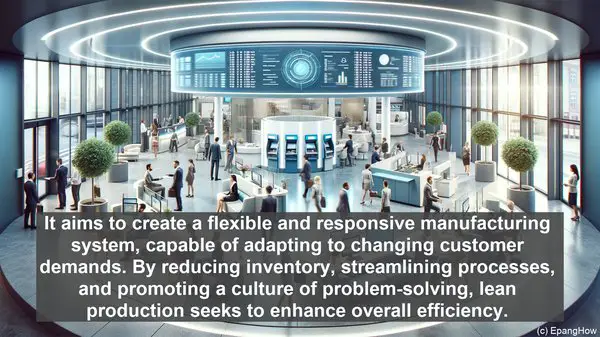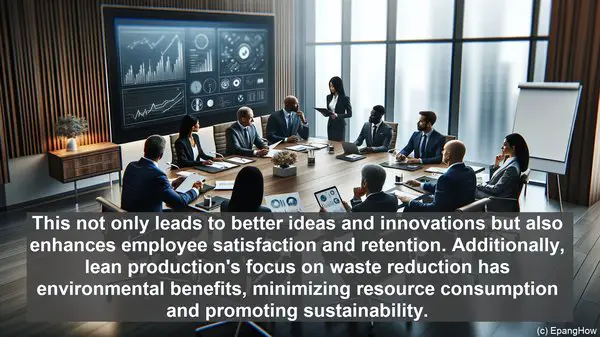Introduction: The World of Manufacturing
Hello, and welcome to our article on lean production and mass production. Manufacturing is the backbone of numerous industries, and understanding the various approaches is crucial. Today, we’ll focus on lean production and mass production, exploring their contrasting philosophies and outcomes.
Defining Mass Production: Efficiency in Numbers
Mass production is a manufacturing method that emphasizes high volume and standardized processes. It gained prominence in the early 20th century, revolutionizing industries like automotive and electronics. The key idea behind mass production is to achieve economies of scale, where the cost per unit decreases as the volume increases. This approach often involves assembly lines, where each worker specializes in a specific task, leading to rapid production.

Exploring Lean Production: Efficiency in Processes
On the other hand, lean production focuses on eliminating waste and maximizing value. Originating from the Toyota Production System, lean production emphasizes continuous improvement and employee involvement. It aims to create a flexible and responsive manufacturing system, capable of adapting to changing customer demands. By reducing inventory, streamlining processes, and promoting a culture of problem-solving, lean production seeks to enhance overall efficiency.
Differences in Approach: Quality vs. Quantity
One of the key distinctions between lean production and mass production lies in their approach to quality. While mass production aims for uniformity and consistency, lean production emphasizes defect prevention and customer satisfaction. Lean production also encourages a pull-based system, where production is driven by actual customer demand, reducing the risk of overproduction and excess inventory.
Benefits of Lean Production: Beyond Efficiency
Lean production offers several advantages beyond operational efficiency. By involving employees in problem-solving and decision-making, it fosters a culture of engagement and continuous learning. This not only leads to better ideas and innovations but also enhances employee satisfaction and retention. Additionally, lean production’s focus on waste reduction has environmental benefits, minimizing resource consumption and promoting sustainability.

